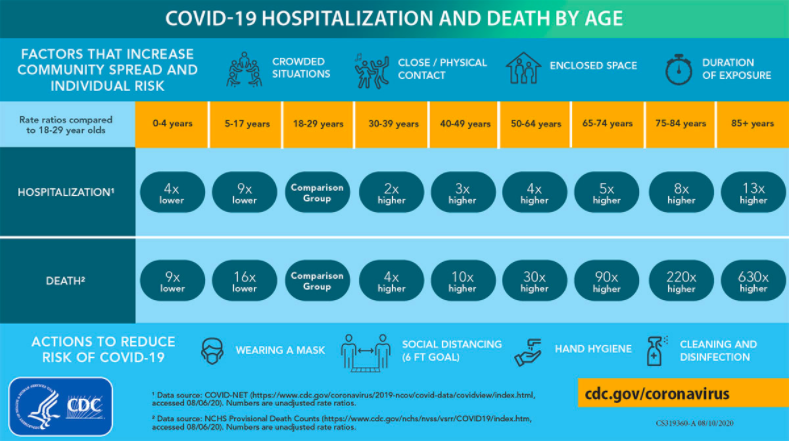
Ohio is running a lottery to give 5 people $1 million each if they've been vaccinated. It sounds like a crazy idea but I think it's brilliant. Let me explain. 1/9
https://twitter.com/GovMikeDeWine/status/1392597516265435139
1. It creates buzz and gets everyone talking about the vaccine. That opens the doors for conversations that will help encourage vaccine hesitant people to get vaccinated. 2/9
2. Lotteries with bigger jackpots draw more people in. A million dollars might seem like a lot of money but it has the potential to massively boost vaccination rates. 3/9
3. This lottery will pay for itself in the short or long run. The money might be better spent elsewhere. But the bottom line is that the pandemic is costing the economy millions. Pouring crazy amounts of money into vaccination programs is optimal. 4/9
https://twitter.com/ZoeMcLaren/status/1373706725426143234?s=20
4. The lottery can reach those who make vaccination decisions emotionally rather than rationally. It's hard for most people to determine optimal behavior given small probabilities so they just go with their gut. That's one of the barriers to vaccination in the first place. 5/9
5. Having a weekly lottery gives people incentive to get vaccinated sooner. We all know that having a deadline is a good motivator when we're procrastinating. This is the first "vaccination deadline" we've seen. 6/9
6. It incentivizes everyone everywhere to encourage their Ohio-based friends and family to get vaccinated so they have a shot at the prize. Everyone is already entered in the drawing (voter registration database) but you can't collect the prize unless you're vaccinated. 7/9
7. Money is a universal motivator. The lottery decouples getting vaccinated from the specific vaccine-related benefits and reaches people who don't respond to the usual approaches. The expected value of the lottery is too small to be seen as coercive. 8/9
8. The Ohio lottery is innovative! No one has tried this before so there is a chance it won't work very well. But if it succeeds it creates a blueprint for others to try a similar approach. And that means herd immunity is one giant leap closer. 9/9
• • •
Missing some Tweet in this thread? You can try to
force a refresh






